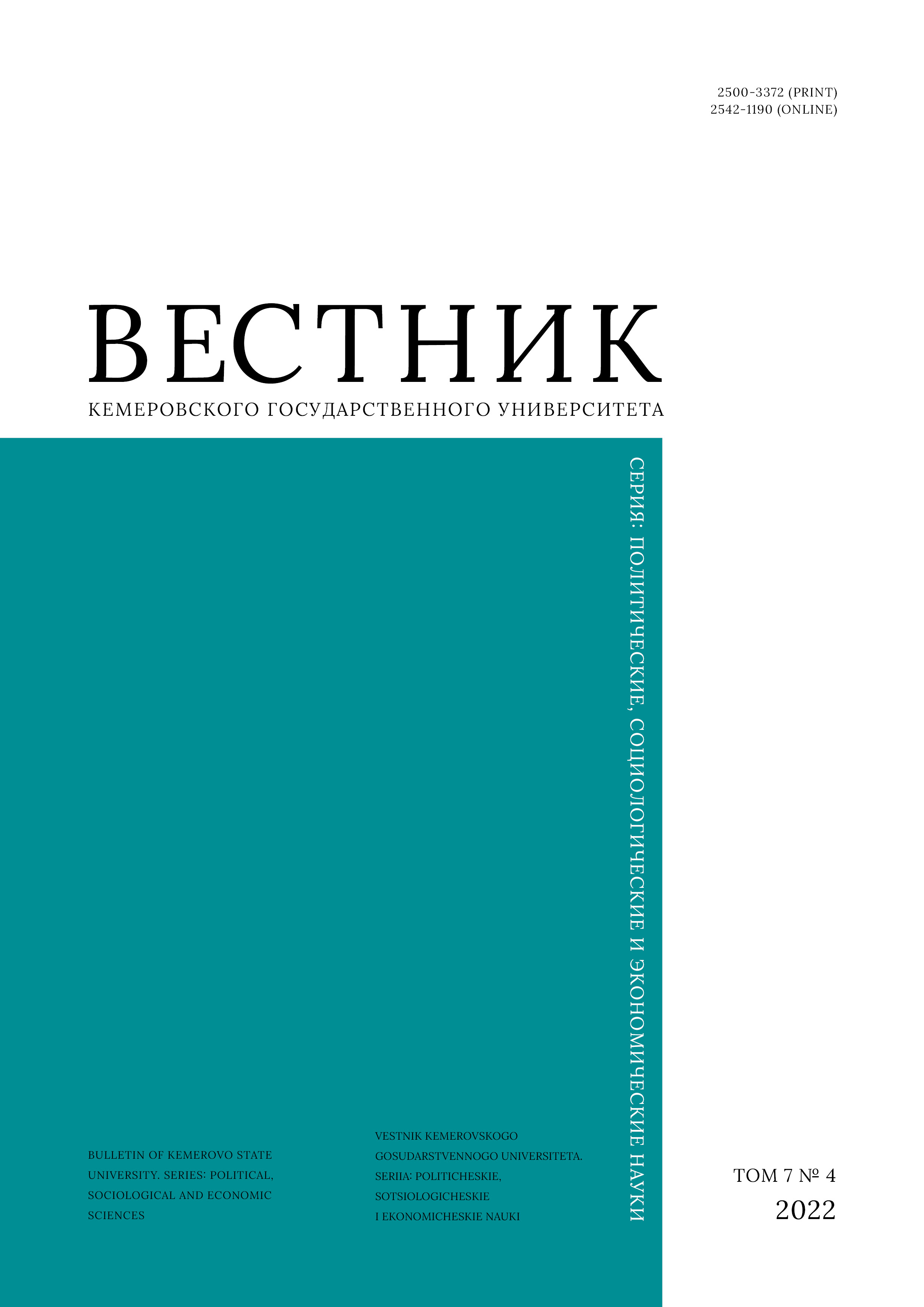Moscow, Russian Federation
The author adopted the postcolonial perspective to analyze how sport has affected the destruction of violence structures, the emancipation, and the voice of subalterns since the decolonization. Having summarized the imperial sports policy, the article introduces 4 major trends in sports after decolonization. Nationalization is described through the prism of Indonesian badminton, Moroccan football, and petanque in Pondicherry. Integration is illustrated by the participation of former colonies in the Olympic Movement, world football, and IOC statistics. Commercialization is exemplified by the growing influence of new actors, i.e., non-traditional states, non-governmental organizations, multinational companies and by the migration of African footballers, Indonesian badminton players and rugby players from Oceania. The rise of Asian countries is revealed by means of the analysis of rankings of the highest-paid female athletes and leading sports manufacturers, LPGA Tour statistics on players’ origins, the geography of international tournaments, and the case of subaltern athlete P. V. Sindhu. The researcher concludes that the growing number and the changing nature of violence structures keeps subaltern athletes in a dependent and vulnerable position, forcing them to follow the rules set by longstanding and emerging centers of power, both politically and economically.
sports, capitalism, subaltern, postcolonial condition, emancipation, voice, dependence
1. Saavedra M. SDP and postcolonial theory. Collison H., Darnell S. C., Giulianotti R., Howe P. D. Routledge Handbook of Sport for Development and Peace. L.: Routledge, 2018. https://doi.org/10.4324/9781315455174
2. Bale J., Cronin M. Introduction: sport and postcolonialism. Sport and Postcolonialism, eds. Bale J., Cronin M. Routledge, 2003. https://doi.org/10.4324/9781003086772
3. Kone Y. Postcolonial and post-racial runners: the rise of African and African-American athletes in society. Journal of Historical Archaeology & Anthropological Sciences, 2018, 3(1): 114-118. https://doi.org/10.15406/jhaas.2018.03.00072
4. Frenkiel S. Migratory networks used by Algerian professional footballers in France: from colonial times to the postcolonial era, 1932-1991. The International Journal of the History of Sport, 2015, 32(7): 952-964. https://doi.org/10.1080/09523367.2015.1045357
5. Rustamova L. R. Soft power and public diplomacy. Moscow: KnoRus, 2021, 252. (In Russ.) EDN: https://elibrary.ru/SZBWAJ
6. Byron K., Chepyator-Thomson J. R. Sports policy in Kenya: deconstruction of colonial and post-colonial conditions. International Journal of Sport Policy and Politics, 2015, 7(2): 301-313. https://doi.org/10.1080/19406940.2015.1023823
7. Clarke J., Ojo J. S. Sport policy in Cameroon. International Journal of Sport Policy and Politics, 2017, 9(1): 189-200. https://doi.org/10.1080/19406940.2015.1102757
8. Sébastien R., Ferez S., Marcellini A. La pétanque à Pondichéry: négociation postcoloniale des identités nationales et culturelles en contexte mondialisé. Géographie et cultures, 2012, 82: 77-95. https://doi.org/10.4000/gc.1362
9. Brown C. Playing the game: ethnicity and politics in Indonesian badminton. Indonesia, 2006, (81): 71-93.
10. Jones C. Kourat el Kadem: soccer culture and fandom in postcolonial Francophone Algerian texts. The Journal of North African Studies, 2022, 27(1): 143-159. https://doi.org/10.1080/13629387.2020.1789459
11. Kilcline C. Playing out the postcolonial: football and commemoration. France’s Colonial Legacies: Memory, Identity and Narrative, ed. Barclay F. University of Wales Press, 2015, 207-226.
12. Chepyator-Thomson J. R. Public policy, physical education and sport in English-speaking Africa. Physical Education and Sport Pedagogy, 2014, 19(5): 512-521. https://doi.org/10.1080/17408989.2014.891579
13. Boum A. Shoot-outs for the nation: football and politics in post-colonial Moroccan-Algerian relations. Soccer & Society, 2013, 14(4): 548-564. https://doi.org/10.1080/14660970.2012.753536
14. Chipande H. D., Banda D. Sports and politics in postcolonial Africa. The palgrave handbook of African colonial and postcolonial history, eds. Shanguhyia M. S., Falola T. NY: Palgrave Macmillan, 2018, 1263-1283. https://doi.org/10.1057/978-1-137-59426-6_50
15. Besnier N. Sports mobilities across borders: postcolonial perspectives. The International Journal of the History of Sport, 2015, 32(7): 849-861. https://doi.org/10.1080/09523367.2015.1023713
16. Poli R. Explaining the "muscle drain" of African football players: world-system theory and beyond. BAB Working Paper, 2008, (1).
17. Andreev A. V., Dudnik E. M., Korolkov A. N. Incomes of leading athletes as an indicator of the development of modern professional sports. Sport: economy, law, management, 2019, (3): 9-13. (In Russ.) EDN: https://elibrary.ru/NHSOFI
18. Drobot G. A. Marxism in international relations theory: history, foreign and domestic schools. Sotsialno-gumanitarnye znaniia, 2014, (6): 61-83. (In Russ.) EDN: https://elibrary.ru/TBGBQL

















